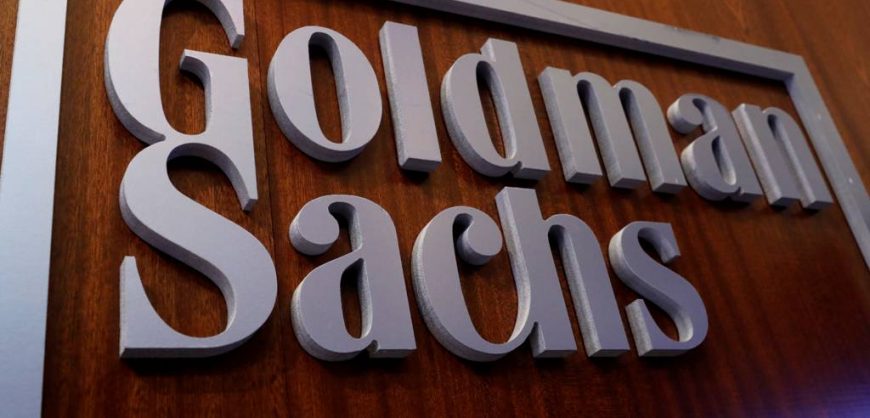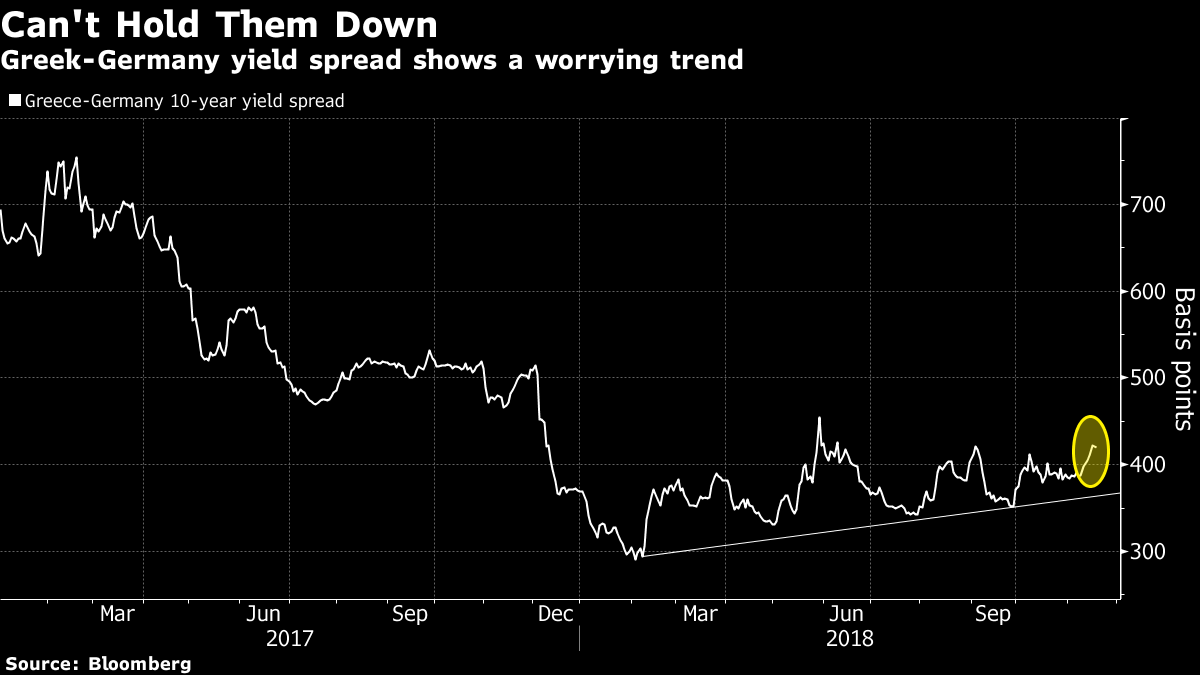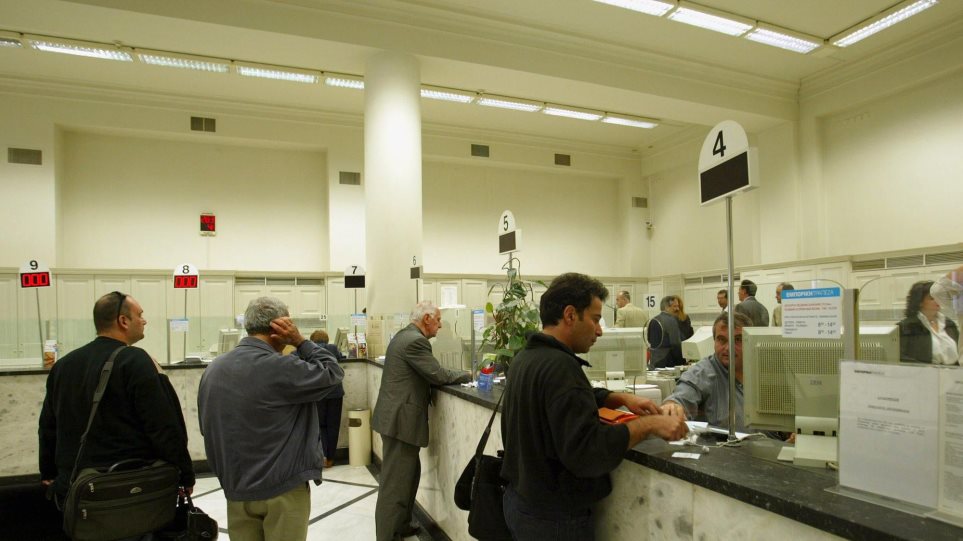The chance to talk with the executives of the four Greek systemic banks had Goldman Sachs analysts at the Greek Conference they organized last Friday.
The dominant issue this month is, of course, the plan of the Bank of Greece for a drastic reduction in red loans over a three-year horizon. All four banks reported that the plan is at an early stage, while some have pointed out that the SSM has reservations about the size of the Special Purpose Vehicle (40 billion). In addition, there were some concerns that the transfer of deferred tax claims could be considered as state aid.
As regards each bank’s individual plans, Eurobank highlighted the merger agreement with Grivalia, expected to be completed in April 2019, as well as the proposal to accelerate its step towards getting rid of red loans. In the first quarter of 2019 it will provide SSM with data on non-performing loans and will complete the securitization pricing.
Alpha Bank, for its part, has suggested that the basic restrictions on the sale of red loans stem from the dilution associated with deferred taxes. Under these circumstances, it could follow Eurobank’s restructuring model to eliminate the risk of dilution. At the same time, it mentioned that loans amounting to EUR 3 billion fall under the Katselis law.
The National Bank has suggested that it will reduce non-performing loans by more gradual steps than Eurobank. Expects return on equity (ROE) of 2% in 2019-2020.
Piraeus said SSM has not yet responded to the plan for red loans it filed in September, while also revealed that there is planning to issue a Tier 2 in 2019 and an “additional tool” in 2020.
Source: balkaneu




































